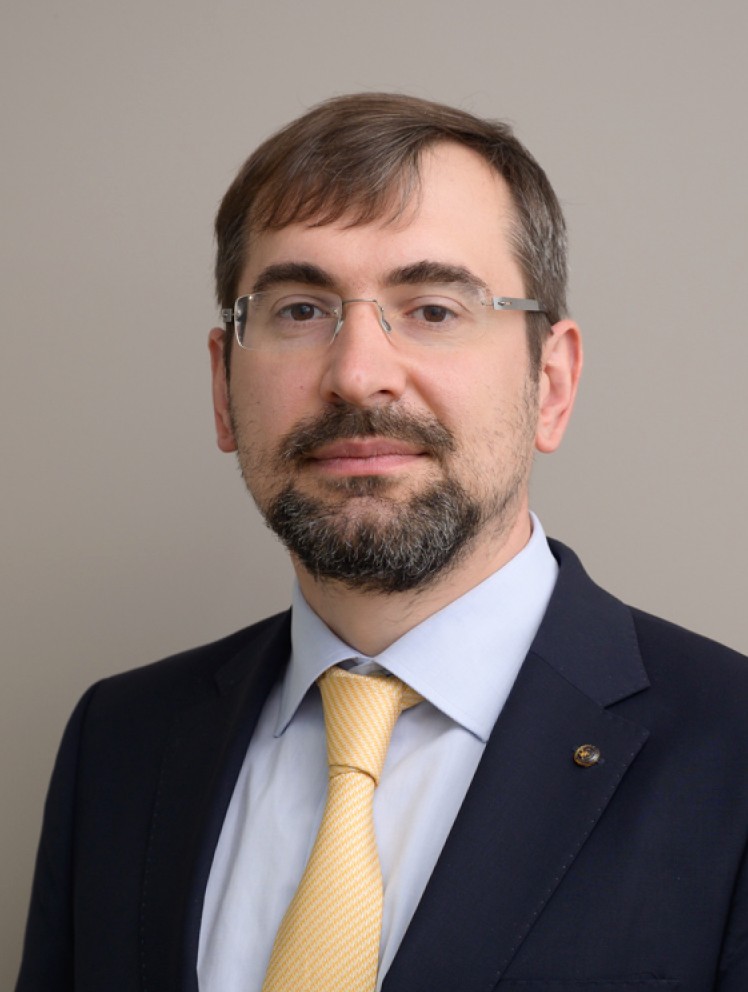Artur Zurabyan commented on ExxonMobil’s dispute against Russia regarding the PSA and income tax for Sakhalin-1
The Russian budget may receive USD 16 billion less if the Stockholm Arbitration Court decides in favor of ExxonMobil's argument regarding the income tax on Sakhalin-1, according to information Interfax released on Thursday. The basis of the news was a government report on the project’s implementation. A representative of the Ministry of Energy refused to comment. Representatives of Deputy Prime Minister Arkady Dvorkovich, the Ministry of Finance, and ExxonMobil did not respond to requests for comments.
ExxonNeftegas, a subsidiary of ExxonMobil, the project operator, holds 30 percent of the Sakhalin-1 project. Other participants include Rosneft (20 percent), ONGC (20 percent), and Sodeco (30 percent). The project comes under the terms of a production sharing agreement (PSA). When the partners signed the 1996 agreement that began the project, the income tax rate was 35 percent, which is the rate the project pays. Nevertheless, ExxonMobil insists on reducing it to 20 percent, retroactive to 2009. According to ExxonMobil, the additional amount of income tax paid for 2009-2013 is USD 516 million, as stated in the document that Interfax saw.
The general director of ExxonMobil, Rex Tillerson, the deputy prime minister, Arkady Dvorkovich, the finance minister, Anton Siluanov, and the energy minister, Alexander Novak, met in the first quarter of the year. As Interfax reported, ExxonNeftegas offered to write off USD 250 million, from USD 516 million, and to set off the remaining amount against future payments of income tax.
Nevertheless, in April, ExxonMobil applied to the Stockholm Arbitration Court with a request to change from a PSA and to return the overpaid tax. The Ministry of Finance represents Russia in the court.
ONGC Videsh also asked to change the tax rate, which, in 2014, was at 20 percent, the report said. However, the tax authority sent out a tax notification, due on 30 April, based on the rate of 35 percent, assuming it receives the amount on time.
In late September, the president of Exxon Neftegas Ltd., Wayne Warwick, said that the company is holding a dialogue with the Russian authorities. The president of Rosneft, Igor Sechin, hopes to sign a settlement agreement. “Exxon protects the interests of the whole project in general, and we are participants of this project. The position of Exxon is one of necessity because it is obliged to protect the economic well-being of the project and the interests of its shareholders,” Interfax quoted him as saying. Yesterday, the representative of Rosneft refused to comment.
The Finance Ministry believes that the claim is based on ExxonMobil’s selective interpretation of the PSA that ignores other provisions and economic logic. Besides the Sakhalin-1 in Russia there are two other PSA projects, Sakhalin-2 and the Kharyaga PSA. During the whole period of their implementation, from 1995 to 2013, Russia received more than USD 24 billion of revenue, the Accounting Chamber reported. The total extraction amounted to about 117 million tons of oil and condensate as well as 92 billion cubic meters of gas. The production of liquefied natural gas was about 48 million tons.
During the life span of Sakhalin-1, the budget expects to gain revenue totaling more than USD 70 billion in taxes, royalties, and the state’s share of oil and gas production, as stated on the website of the project. In 2014, production totaled 7.6 million tons (the data is from CDU TEK).
